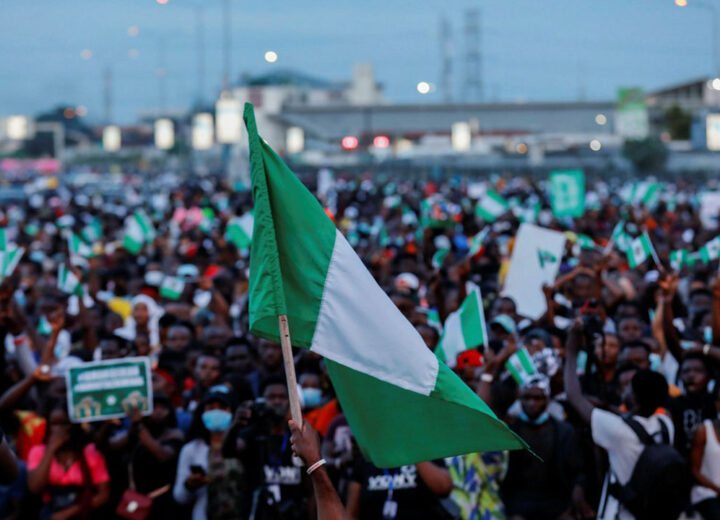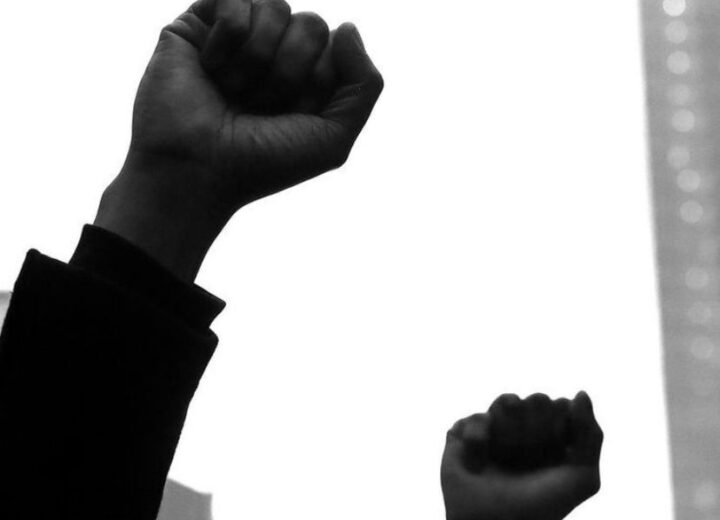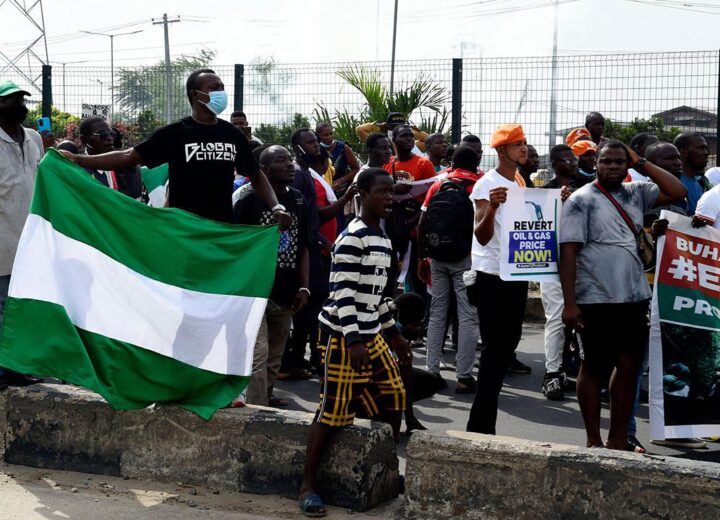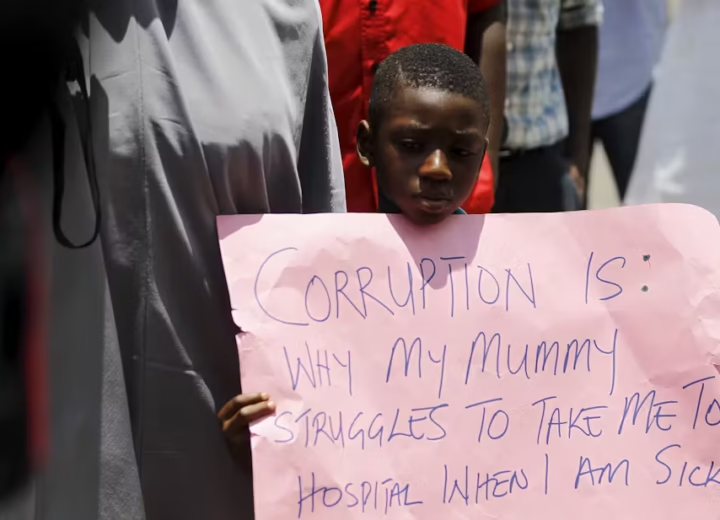Lagos never stops being at the centre of all things in Nigeria, and now, after a very stormy election season in the state and presidential elections, it would be careless to ride on assumptions and sentiments. To gain insight into Lagos’s political landscape and understand the mindset of her residents, Principal Intel conducted extensive street-level research, and what we discovered challenges many of our biased thoughts about the political climate of Lagos.
Our findings indicate that Lagos has the potential to evolve into a hot political battleground, as demonstrated in the last state and presidential elections of February 2023. The data we compiled reveals significant trends:
- Independents Exist: A remarkable 43% of Lagosians identify as independent voters, eschewing alignment with any political party.
- Election Conduct Discontent: An alarming 42% expressed dissatisfaction with the last governorship election in Lagos, rating it as “poor” or “very poor”.
- The Undecided Factor: A substantial 32% of Lagosians remain undecided when contemplating a rematch of the governorship candidates from the last election.
While our data projects that the current governor, Babajide Sanwo-Olu, would secure 39% of the total votes in a rematch, even with a 20% lead over his closest rival, Gbadebo Rhodes Vivor of the Labour Party, the “undecided” category of 32% raises intriguing questions. The “undecided category” who on the record largely remained undecided due to fear for their safety, would prefer not to say who they would prefer in the event of a rematch. The undecided’s can end up becoming a silent swing majority in a hypothetical rematch.
It was obvious to the blind in the February 2023 presidential election that Lagos was very uncomfortable with being a battleground, as reflected in the heat that the governorship elections created, particularly after the surprising victory of the Labour Party in the presidential elections. Our data underscores the opportunity for any serious political party and candidate to establish a strong presence, provided they can strategically resonate with the people in a way that transcends our religious and ethnic divides.
In summary, our Lagos data reveals several key insights:
- Negatively, 54% of Lagosians view the Tinubu Presidency as illegitimate
- Negatively, only 26% are satisfied with the APC-dominated State House of Assembly.
- Negatively, 89% of Lagos residents say they have never received government palliatives before.
- Independently positive, 53% of Lagos residents approve of the governors performance.
Lagos is the melting pot of all cultures, ethnicities, and religions and, therefore, can be said to be average reflection of many things happening nationally. After APC’s 23 years of utter dominance in Lagos, it can be sensed that Lagos might be craving the food of change, but cooking that change would require more ingredients than was brought to the table in the last election season.





